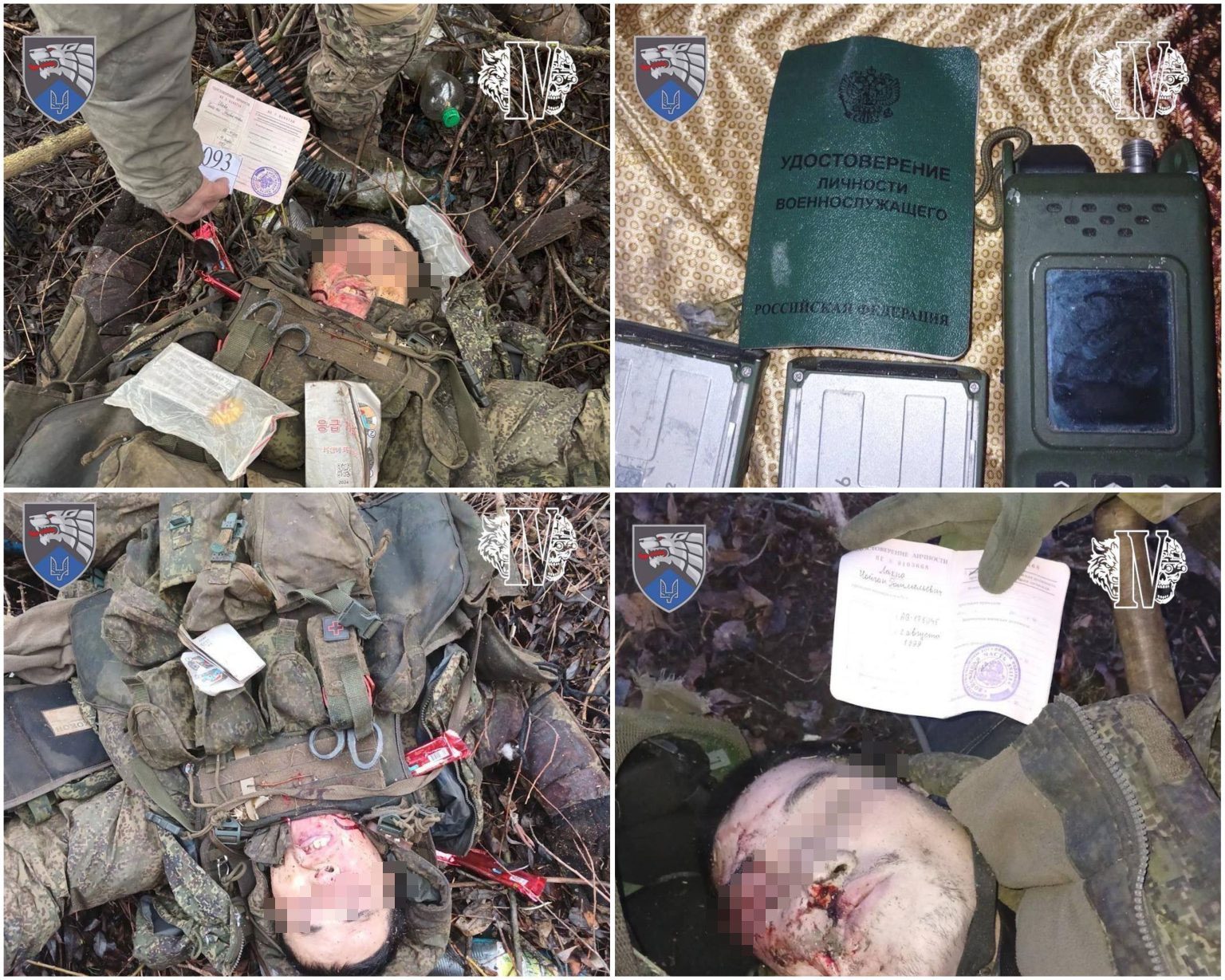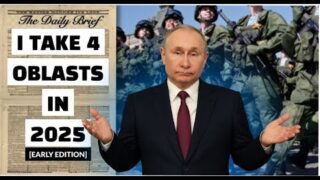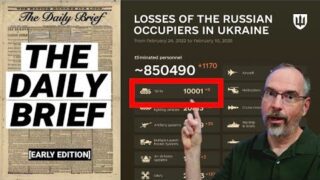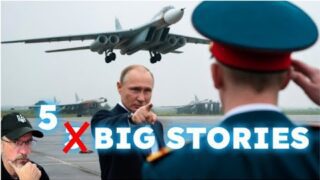
ISW: North Korean troops lose about one-third of their 12,000-strong contingent in Kursk Oblast
North Korean military units operating in Russia’s Kursk Oblast are conducting large-scale assault operations despite suffering heavy casualties from Ukrainian drone strikes, ISW reported on 11 January, referring to The Washington Post’s report.
In Russia’s Kursk Oblast, some 12,000 North Korean troops fight alongside Russia. Earlier reports cited over 3,000 North Korean casualties. Days ago, Ukraine captured two Pyongyang soldiers, providing evidence of their involvement in the conflict.
According to Ukrainian President Volodymyr Zelenskyy’s statement on 5 January, North Korean forces have suffered approximately 3,800 casualties in Kursk Oblast, representing about one-third of their 12,000-strong contingent in the region, per ISW.
The Washington Post said that North Korean troops are attacking in large groups with Russian artillery and drone support, contrasting with Russian forces’ small-group tactics. A Ukrainian soldier operating in the region revealed that North Korean forces launched an assault with 400-500 personnel in December 2024, outnumbering Ukrainian defenders six-to-one.
Communication challenges between Russian and North Korean units are reportedly hampering Russian efforts to consolidate newly gained positions, The Washington Post notes. Russian forces are following behind North Korean advances to “stabilize the gains.”
Western officials report that North Korean forces suffered approximately 1,000 casualties in just one week in late December 2024 in Kursk Oblast. President Zelenskyy stated that North Korean forces lost up to a battalion of infantry near Makhnovka, Kursk Oblast on 3 and 4 January alone.
According to ISW’s assessment, North Korea’s ability to learn from combat experience alongside Russian forces may be significantly compromised due to their use in highly attritional infantry-led assaults.
“North Korean forces’ inability or refusal to learn to effectively counter drones will also affect the lessons they can learn from the war,” ISW wrote.
Related:














